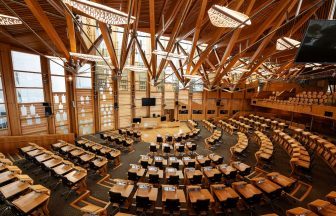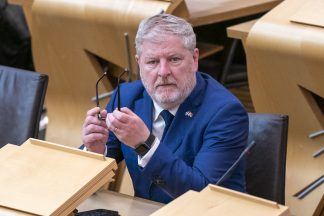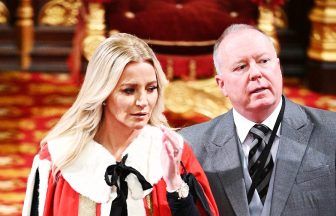How much do you love elections? Want another one right now?
I didn’t think so. That’s why the clip of Brenda from Bristol finding out about the 2017 snap general election touched a nerve – because the reaction of most people is, “not another one”.
Even when we get the chance to vote for our leaders, many of us don’t: turnout at the last general election in July was just under 60%.
Which is why a petition that’s getting some attention is so curious.
It calls for an immediate general election, and at the time of writing has passed two million signatures. It’ll go higher – this is the first petition I’ve seen where the signature count has kept rising while I’ve been looking at the webpage.
The reason, the petition states briefly, is that “the current Labour Government have gone back on the promises they laid out in the lead up to the last election”.
You may agree with the petition’s author, a certain Michael Westwood, or you may not – it’s certainly an arguable position, based on the controversial tax and benefits changes the government has made since coming to office.
It’s been seized on by Labour’s critics, primarily in Nigel Farage’s Reform Party, but the reason it’s really taken off is because it’s been tweeted by Elon Musk, the world’s richest man.
That’s drawn a global audience to it, and there are suggestions that keyboard warriors on the political right from around the world have been gaming the system. All you need to sign a Westminster petition is an email address, a name and a UK postcode. You don’t need to be British to provide the first two things, and a bit of Googling can supply the third.
Whether the signatures are valid or not, under the Westminster petitions system, anything that gets more than 10,000 must receive a response from the government in writing. Petitions with more than 100,000 signatures are considered for parliamentary debate time.
Despite its popularity, that’s about as much attention as this petition deserves – probably more. As Keir Starmer noted when he was asked about it this morning, that isn’t how the UK electoral system works.
Without being a constitutional bore about it, governments in parliamentary democracies aren’t directly elected by the public. Voters elect their local representatives, and the government is decided based on which party can command the confidence of the House of Commons.
Democratic governments do have to be responsive to the electorate, and this government has become quite unpopular, pretty quickly. Starmer, in particular, has seen his personal approval rating fall dramatically.
But the last few governments were equally, or more unpopular. The case for an early election certainly isn’t any stronger now than it was then – it’s obviously weaker, given the fact the country only voted in July.
Voters know when they cast their ballots that a government has up to five years to keep their promises – or break them.
Another pillar of democracy is that the losers of an election accept the result, and wait until the next one to try again. Elon Musk has been working closely with Donald Trump, who has struggled to respect that principle in the past.
That’s another reason why this petition won’t lead to an election – and shouldn’t.
Follow STV News on WhatsApp
Scan the QR code on your mobile device for all the latest news from around the country


 Simon Dawson / No 10 Downing Street
Simon Dawson / No 10 Downing Street
























